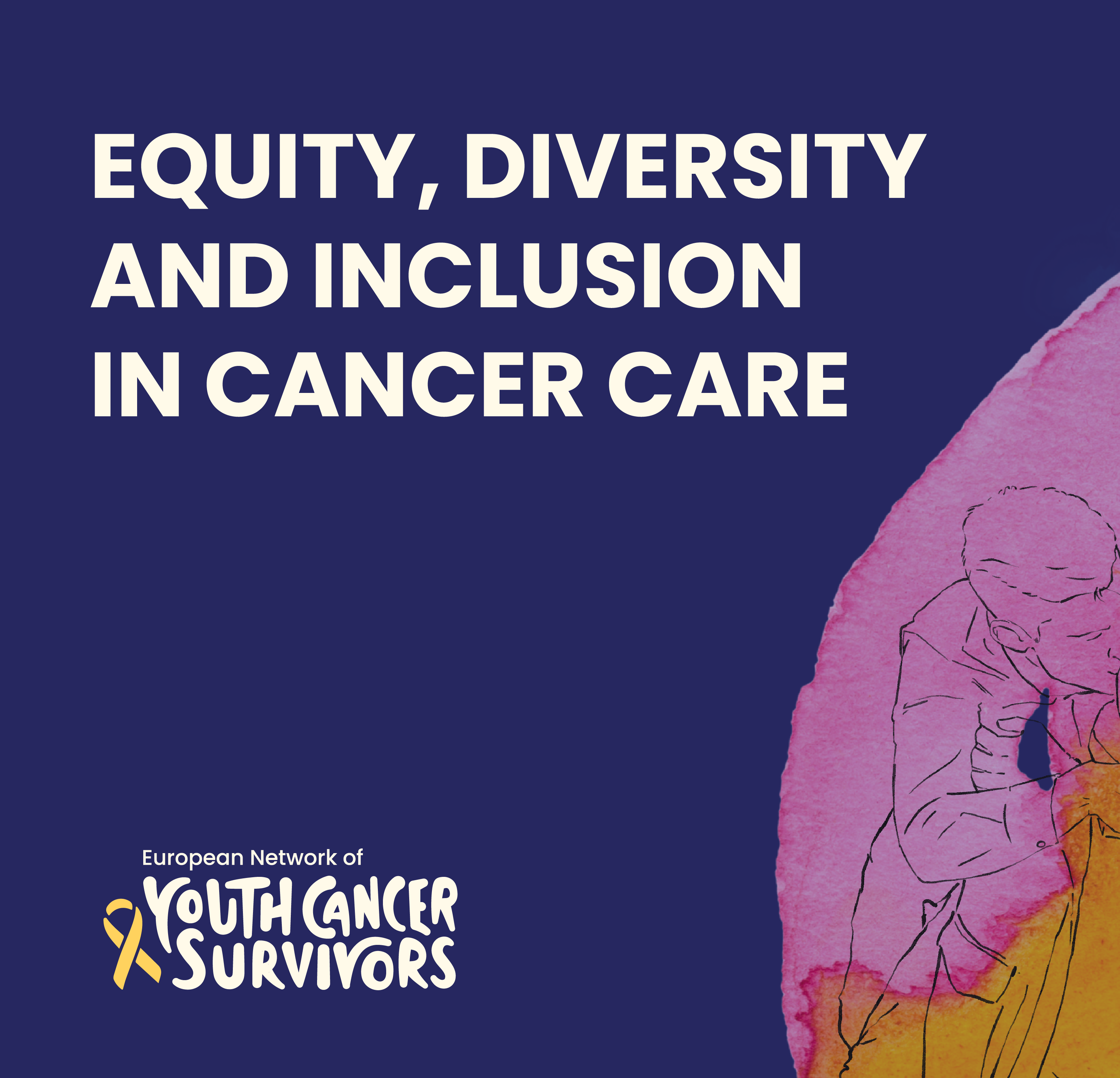28th July, 2025
Lead the Change: Join the Youth Cancer Council
The Youth Cancer Council is a bold, youth-led platform bringing together 100 young people across Europe who have lived experience of cancer and were diagnosed either in childhood, adolescence, or as young adults.










